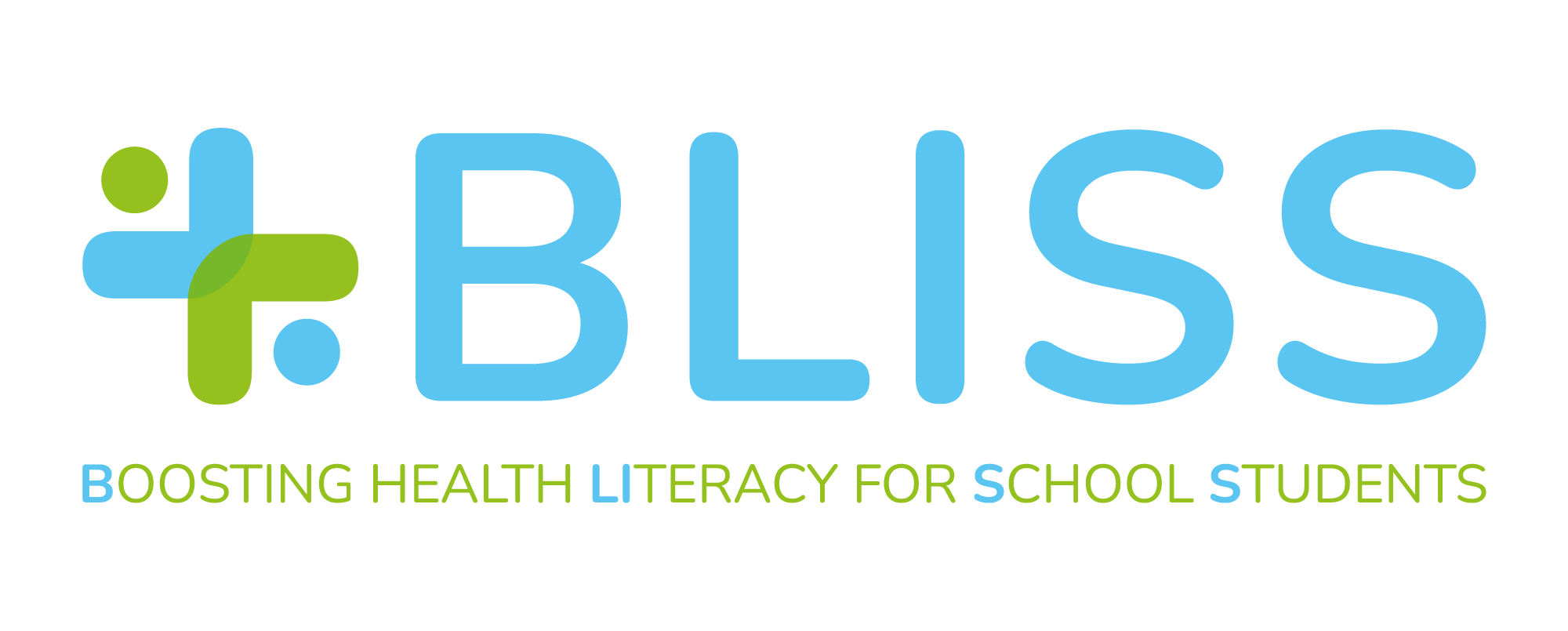MODULE 1 - "The role of health literate schools in promoting health literacy and digital health literacy: Mapping Concepts"
About the Module
This module has an introductory function to the whole MOOC; the main learning objective is to equip teachers with the necessary skills to map concepts and explain key definitions of health literacy, health promotion and wellbeing in schools.
This is done so from the perspective of a health literate school, which represents a settings approach to promoting health literacy in the schools addressing the school structures, determinants, and the wider school environment.
Sharing key knowledge and information about the theoretical framework underpinning the 'health literate school', namely the eight quality standards and their associated indicators (six indicators per standard) will help teachers (and other school staff) to identify useful health literacy and digital health literacy learning and teaching resources to address key challenges and priorities in promoting health literacy among students.
Module 1 includes providing teachers with an in-depth knowledge of key documents (e.g., reports, guidelines, publications, online resources, etc.) related to health literacy and digital health literacy, with a particular focus on their relevance to the DigitalHealth@school methodological framework.
Learning objectives
- Help teachers to 'concept map' and explain the key definitions of health literacy, health promotion and wellbeing in schools.
- Provide teachers with knowledge of useful documents on health literacy and digital health literacy, focusing in particular on knowledge of the DigitalHealth@school methodological framework.
- Provide teachers with a theoretical framework of the 'health literate school', be able to recognise it and know how to address the main challenges and priorities in promoting health literacy among students.
What you will learn
1. Be able to define and explain the main definitions of health literacy, including, health, health promotion, wellness, disease prevention, health care, and healthy lifestyles.
2. Have knowledge about relevant frameworks for teaching (digital) health literacy (DigitalHealth@school methodological framework, DigComp 2.2, DigComp Edu,).
3. Be able to identify the main national and local health literacy frameworks and to be able to use or adapt them in one's own teaching area and learning environment at school, including knowledge about health literacy and digital health literacy relevant EU Policies.
4. To be aware of the main health literacy needs among school-aged children and adolescents at national and European level, with a focus on digital health challenges. (e.g., device addiction and online risks, main research carried out by students on health issues).
5. Be able to recognise the characteristics of a 'health literate school' in a comprehensive way (including elements such as the physical environment, school culture, student participation and collaboration with families and enhance students' health literacy in daily school life).
6. Be able to carry out co-creation activities with students to promote their health literacy. (To be able to develop competences to actively involve students in the planning and implementation of health literacy initiatives, recognising their role as relevant in the creation of a healthy school environment).
7. Familiarise yourself with the toolkit and piloting activities.
8. Assessment of competences (Quiz)
